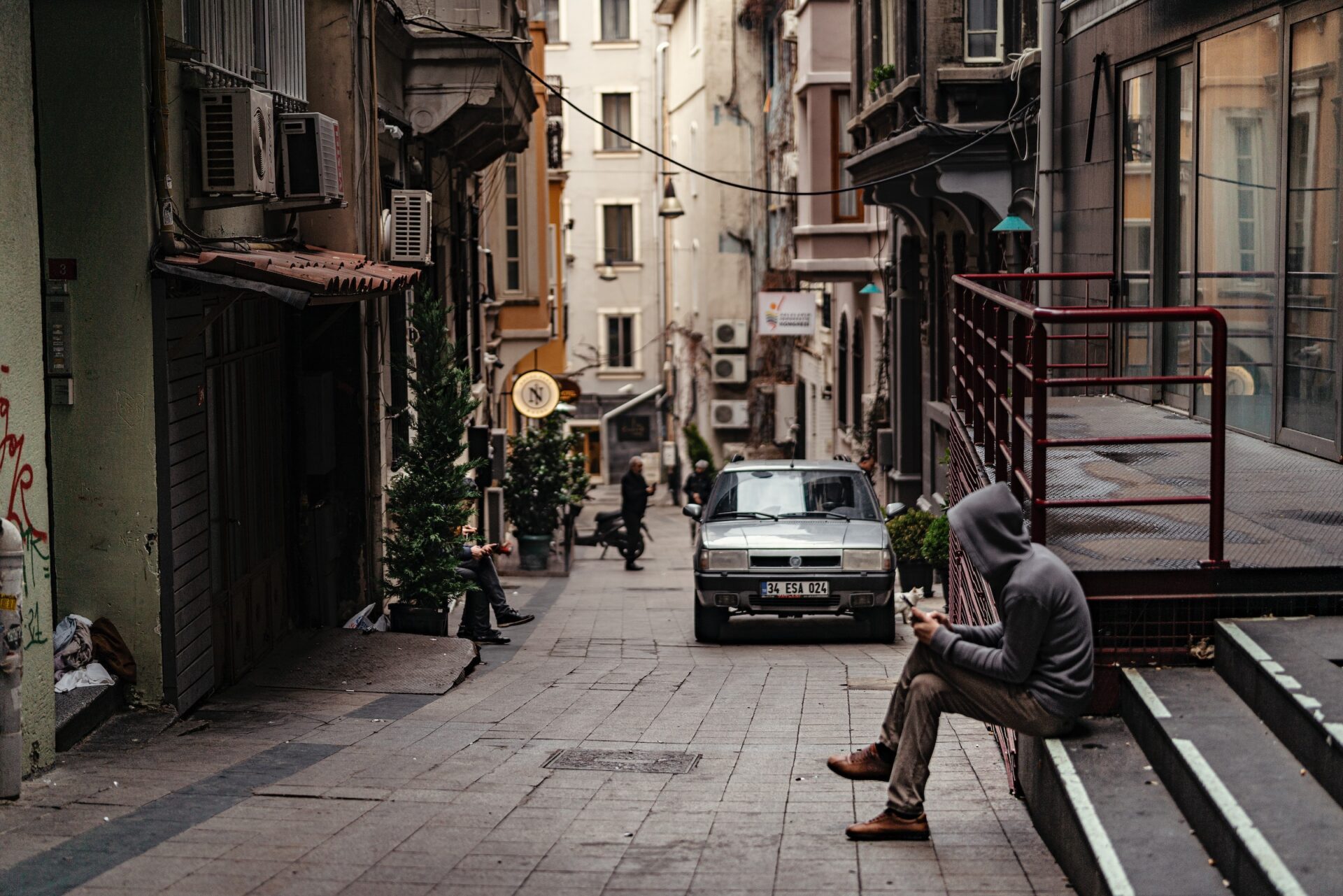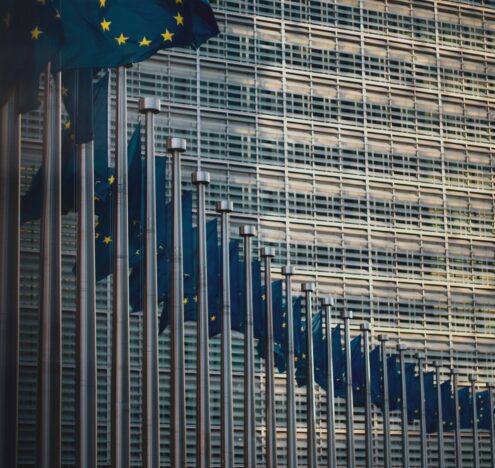A new 6.4-magnitude earthquake rocked Turkey on Feb. 21, 2023, even as the country struggles to recover from a deadly earthquake earlier this month. That earlier earthquake claimed over 46,000 lives in Turkey and Syria. Cities echoed with screams of families buried under rubble. Thousands were left homeless. And approximately 156,000 buildings (mainly residential) collapsed. Even though the Ministry of Environment, Urbanization and Climate Change has not updated its website, many more buildings will probably have to be demolished due to extensive damage from the earthquakes. As rescuers continue to pull out dead bodies from under the seemingly endless rubble, the whole nation is depressed — and angry.
But earthquake-resistant construction shows that tragedies like the one we are seeing in Turkey (and Syria) can be prevented. Disasters may be an act of nature, but buildings are man-made. Japan, Chile, and New Zealand are just some examples of countries that have invested heavily in earthquake-resistant architecture. Research on corruption has an even more interesting finding: where corruption is high, more people are likely to die in an earthquake. In fact, 83% of deaths that occur in earthquakes take place due to poorly-constructed buildings. Many of these have been constructed either illegally or without following the proper building codes, due to corruption. And corruption in Turkey has been increasing. Turkey has consistently dropped in the Corruption Perception Index in the last decade, and now ranks 101 in 180 countries.
Despite enacting new regulations for earthquake resistance construction after the devastating earthquake in 1999, the sheer number of buildings that have collapsed in the southeast region this time around tells us that the new rules were not followed. Recent research shows that 51% of the buildings in those 10 cities were actually constructed after 1999, and hence, should have been stronger and somewhat earthquake-resistant. How many of those collapsed is currently unknown, but pictures of newly constructed buildings as entirely destroyed have been all over the media.
THE WARNINGS THAT WERE IGNORED
After the 1999 earthquake, there were a number of detailed reports, and several warnings were issued to better prepare for the next disaster. The Grand National Assembly of Turkey Earthquake Commission published a report in July 2021 that stated that 5,085 buildings in 8 cities were at risk and that the zoning exemption increased the number of unsafe buildings.
Approximately 17,500 people died in the 1999 earthquake, and only one contractor was found guilty of faulty construction and punished. This is a crystal clear picture of impunity.
The Hatay airport is a perfect example of how the government ignored facts raised by scientific experts and the outcry of civil society. This airport was constructed right on top of a fault, on land reclaimed by drying up a lake. In spite of expert reports pointing out the high earthquake risk and a lawsuit filed by civil society organizations, the Turkish government insisted that it be constructed on this very ground. Unfortunately, as predicted, the earthquake damaged the runway. As a result, while thousands helplessly waited under collapsed buildings, emergency rescue teams and aid were delayed as the airport had to shut down.
Iskenderun Hospital is another fatal example. In an expert report in 2012, part of the hospital was assessed to be poorly constructed and vulnerable to earthquakes. Despite the report’s findings, no improvement to the building was made. Tragically, all of the patients in the intensive care units, along with others, died in this same part of the hospital. Similarly, at least 300 government buildings were found to be in the same state, in need of repair and strengthening against earthquakes. However, tenders for refitting these buildings were canceled because of cost and bureaucratic issues.
That so many died under the rubble of these buildings, especially the Iskenderun Hospital, is not fate or a mistake: it is a crime of negligence and corruption.
WILL THERE BE ACCOUNTABILITY?
Greedy constructors are first to blame in these disasters, and a number of them have been caught at the borders trying to flee. For many in Turkey, the tale of the fleeing contractor is a familiar one, as many tried to leave the country after the devastating earthquake in 1999. But they are not alone in this crime. Unless the politicians and bureaucrats who are authorized to grant permits or audit the processes are held responsible, there can be no justice and no amends in people’s hearts.
The dangerous practice of constantly issuing zoning amnesties — eight in the last 20 years — is one of the key sources causing this tragedy. Under the zoning amnesty scheme, as appalling as it may seem, illegally constructed buildings are legitimized by a fee paid to the government without any earthquake risk screening. In 10 cities, 294,000 buildings (including residential and commercial) were legitimized under the latest zoning amnesty. And, at the time of the earthquake, another zoning amnesty bill was waiting to be enacted in Parliament.
Corruption flourishes where there is concrete impunity — and this impunity is deeply rooted in Turkey. According to the research of Transparency International Turkey, the rate of complaints on corruption investigations by public prosecutors has increased from 43% to 56% over 13 years while the filing of corruption cases has dropped. Of the people sentenced after the 1999 earthquake: 2100 lawsuits were filed against contractors of the buildings that had collapsed due to construction errors. Out of these, 1800 cases ended with criminal amnesty. 110 of the remaining 300 cases were postponed, while the others expired due to the statute of limitations. Only one contractor was imprisoned.
Approximately 17,500 people died in the 1999 earthquake, and only one contractor was found guilty of faulty construction and punished. This is a crystal clear picture of impunity.
The recent disaster in Turkey is an illustration of how corruption, mismanagement, and bad governance, topped with deep impunity over the years, can be a deadly mix. Turkish people deserve better.





















